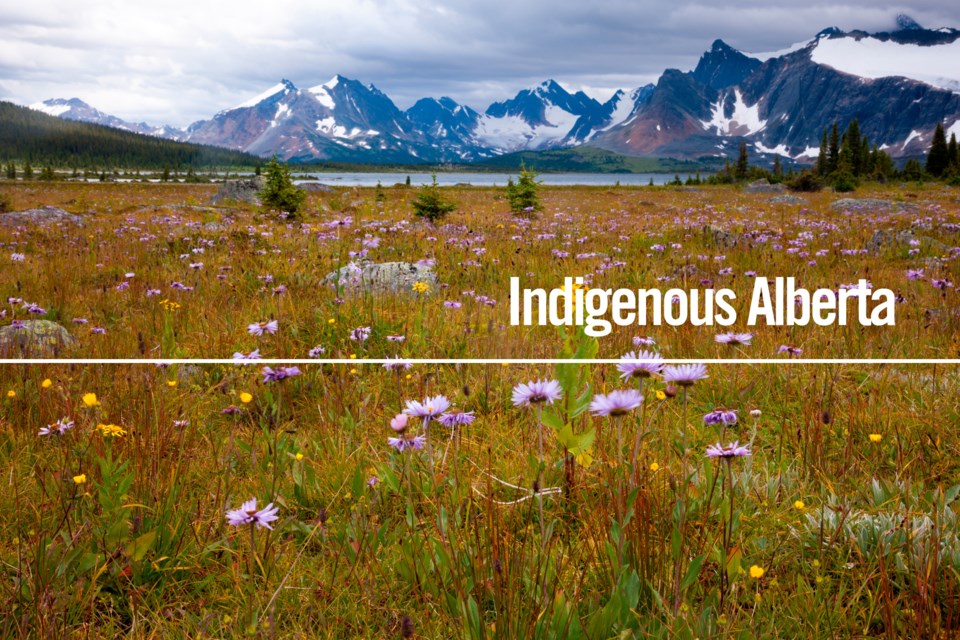Dr. Tom Wong, Chief Medical Officer at Indigenous Services Canada, appeared in the virtual First Nations Health Managers Association town hall on March 11, to provide an update on how the pandemic is effecting Indigenous peoples in Canada.
“The on-reserve First Nations newly reported cases have been dropping and they have dropped by over 75% in the past two months. However, we must be prepared for resurgence of cases in future ways.”
It is also important to note that despite the falling COVID numbers in First Nations, the rate of reported cases of COVID-19 in First Nations people living on a reserve is currently 183% higher than the rate for the general Canadian population
“As of March 9th, there have been 22,451 total number of cases of COVID-19 in Indigenous communities on-reserve,” said Dr. Wong. He went on to say that there are currently 1,168 active cases in First Nations reserves; 1,027 hospitalizations; and 248 fatalities in First Nations. Also, 94% of the people who tested positive for COVID-19 have recovered.
“As of March 10th, over 160,000 doses have been administered in 536 communities,” continued Dr. Wong. He then provided some “recent real-world vaccine effectiveness data” that had been reviewed the National Advisory Committee on Immunization. The data came from Quebec, British Columbia, Israel, the US, and the UK and supports “sustained high levels of protection.”
“Providing the first dose of the vaccine to as many people as possible will save lives and enable us to hug our family sooner.”
However, Dr. Wong mentioned that “effectiveness against variants of concern will also be monitored in Canada very closely.”
“Recommendations may need to be revised as the prevalence of these variants increase in Canada.”
Dr. Wong also emphasized later in the town hall that “regardless of the type of vaccines, one of the things that is important is that our body does not respond to the vaccine right away to get the protection.”
“In order to start getting good protection, it takes at least two weeks in order to do that.”
On First Nations reserves, as of March 11 Indigenous Services Canada (ISC) is aware of:
22,731 confirmed positive COVID-19
1,213 active cases
1,037 hospitalizations
21,268 recovered cases
250 deaths
Case numbers per region:
British Columbia: 2,470
Alberta: 6,639
Saskatchewan: 5,951
Manitoba: 5,665
Ontario: 1,432
Quebec: 564
The First Nations Health Managers Association (FNHMA) Weekly Virtual Town Hall is a podcast that features speakers from different organizations who provide credible and reliable information, resources, and updates about what their organizations are doing to combat COVID-19. Tune in on Thursdays at 1 pm EST at ihtoday.com. Earlier episodes are also available.
Jacob Cardinal, Local Journalism Initiative Reporter
Read more from AlbertaNativeNews.com



